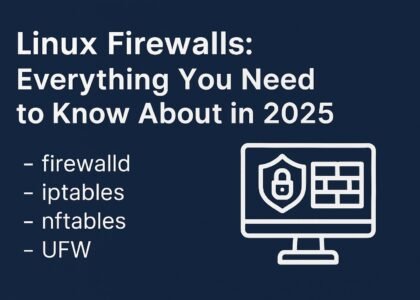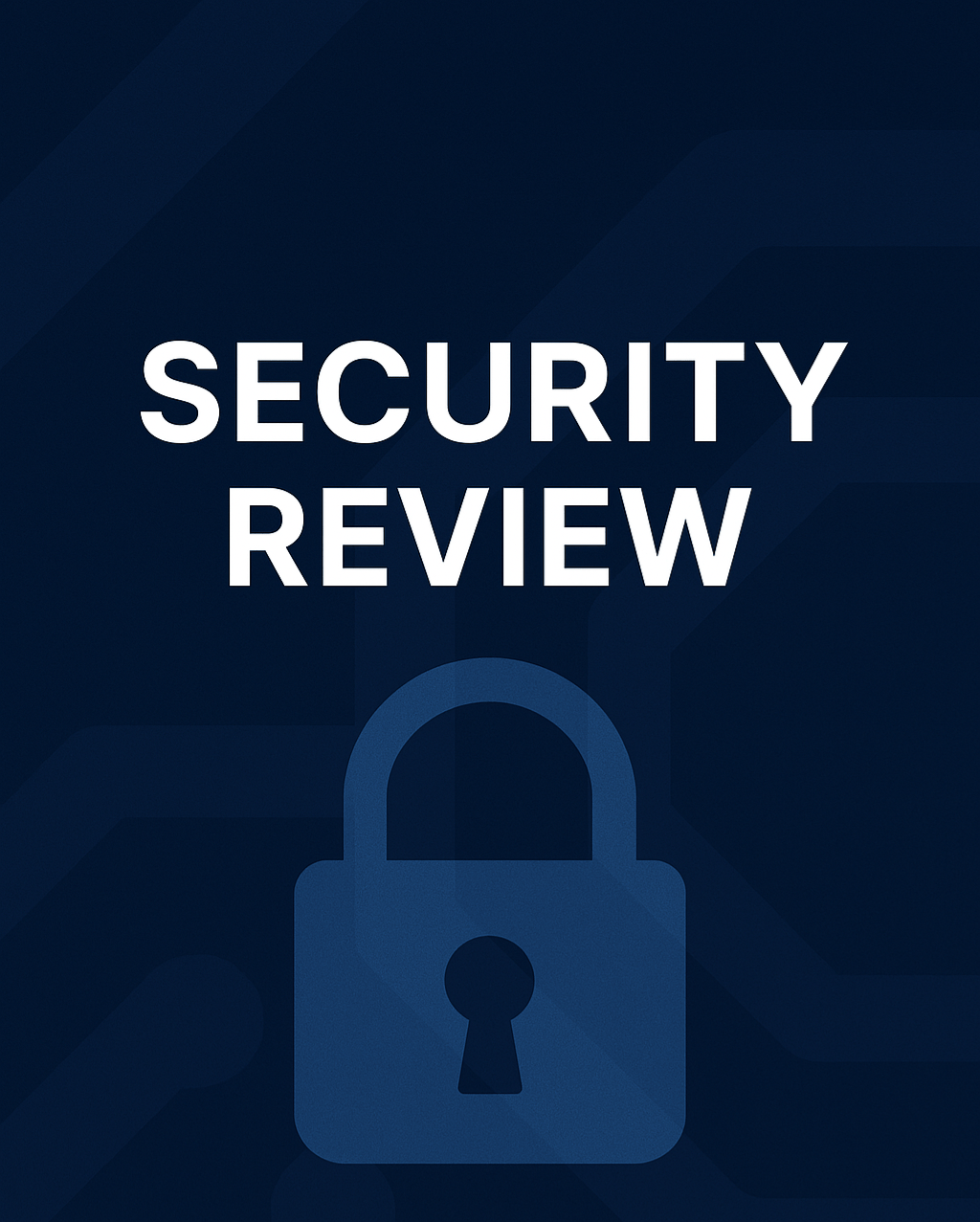Introduction to Virtual CISO (vCISO)
A Virtual Chief Information Security Officer, commonly referred to as a vCISO, is an outsourced security practitioner who provides strategic security leadership to organizations. Unlike traditional CISOs who are permanent, in-house employees, a vCISO operates on a part-time or contract basis. This model emerged as companies recognized the need for high-level security expertise without the commitment and cost of a full-time executive.
The vCISO role has gained significant traction in recent years, largely due to the increasing complexity of cybersecurity threats and the regulatory landscape. Small to medium-sized enterprises (SMEs), in particular, have found vCISOs to be an effective solution for accessing top-tier security expertise without the financial burden of a full-time hire. The rise of remote work and the gig economy has also contributed to the popularity of this flexible and scalable approach to cybersecurity leadership.
Core responsibilities of a vCISO encompass a wide range of strategic and operational tasks. At the strategic level, a vCISO is responsible for the development and implementation of comprehensive security programs that align with the organization’s business objectives. This includes risk management, where the vCISO identifies, assesses, and mitigates potential security threats. Additionally, a vCISO ensures that the organization remains compliant with relevant regulations and industry standards, thereby reducing the risk of legal and financial penalties.
Operationally, a vCISO may oversee incident response planning and execution, ensuring that the organization is prepared to effectively handle security breaches. They also play a crucial role in security awareness training, educating employees about best practices and emerging threats. Through these activities, a vCISO helps to build a robust security posture that can adapt to evolving challenges.
Key Responsibilities of a vCISO
The role of a Virtual Chief Information Security Officer (vCISO) is multifaceted, encompassing a wide range of responsibilities aimed at fortifying an organization’s cybersecurity framework. One of the primary duties of a vCISO is the development and implementation of comprehensive security policies. These policies serve as the foundational guidelines that ensure all aspects of the company’s operations are aligned with best practices in cybersecurity. A vCISO meticulously drafts these policies, taking into account the unique needs and risk profile of the organization.
Conducting security assessments is another critical responsibility. A vCISO performs thorough evaluations of the company’s existing security measures to identify vulnerabilities and areas for improvement. These assessments are vital in preempting potential threats and ensuring that the organization’s defenses are robust and up-to-date. By employing various assessment methodologies, a vCISO can provide a detailed analysis of current security postures and recommend actionable improvements.
In the realm of third-party risk management, a vCISO plays an essential role in overseeing and mitigating risks associated with external vendors and partners. This involves scrutinizing the security practices of third parties to ensure they comply with the organization’s standards. Managing these risks is crucial for maintaining the overall security integrity, as third-party breaches can have significant repercussions.
Furthermore, a vCISO offers invaluable guidance on regulatory compliance. With the ever-evolving landscape of cybersecurity regulations, staying compliant can be a daunting task. A vCISO stays abreast of changes in laws and standards, ensuring that the organization adheres to all relevant requirements. This not only helps in avoiding legal penalties but also enhances the trust and credibility of the organization.
Collaboration is at the heart of a vCISO’s role. By working closely with internal teams, such as IT and HR, as well as external stakeholders, a vCISO fosters a culture of cybersecurity awareness and proactive risk management. This collaborative approach ensures that security strategies are effectively integrated across all levels of the organization, thereby enhancing its overall cybersecurity posture.
Benefits of Hiring a vCISO
As organizations navigate the complexities of modern cybersecurity, the role of a Virtual Chief Information Security Officer (vCISO) has emerged as a pivotal solution. One of the primary advantages of hiring a vCISO is cost-effectiveness. Unlike a full-time, in-house Chief Information Security Officer (CISO), which can be a significant financial burden especially for small to medium-sized enterprises (SMEs), a vCISO provides a more budget-friendly alternative. By engaging a vCISO, companies can access top-tier security expertise without the overhead costs associated with a permanent executive position.
Another critical benefit is the access to specialized expertise. A vCISO typically brings a wealth of experience across various industries, having dealt with diverse security challenges. This breadth of knowledge allows them to provide nuanced insights and tailored strategies that an in-house CISO, who may have a narrower focus, might not offer. Furthermore, the dynamic landscape of cybersecurity demands continuous learning and adaptation; vCISOs are often at the forefront of the latest developments, ensuring that their clients benefit from cutting-edge practices and technologies.
Flexibility is another significant advantage of hiring a virtual CISO. Organizations can scale the involvement of a vCISO up or down based on their current needs, making it an adaptable solution for fluctuating business requirements. This is particularly beneficial for SMEs that might not need full-time security oversight but still require expert guidance to navigate occasional or evolving threats. The ability to engage a vCISO on a part-time or project-based basis offers a level of flexibility that is hard to achieve with an in-house CISO.
Lastly, scalability is a key benefit. As organizations grow, their security needs evolve. A vCISO can easily adjust their scope of work to align with the organization’s growth trajectory. This scalability ensures that as the company expands its operations and faces new security challenges, the vCISO can provide continuous, scalable support without the need for time-consuming and costly recruitment processes.
Challenges and Considerations
Engaging a virtual Chief Information Security Officer (vCISO) can present several challenges and considerations that organizations must navigate to ensure a successful collaboration. One of the primary issues is communication. Effective communication is critical, and the remote nature of a vCISO can sometimes hinder seamless interactions. Ensuring regular, scheduled meetings and utilizing collaborative tools can mitigate this challenge, fostering a continuous dialogue between the vCISO and the internal team.
Integration with existing teams is another concern. A vCISO must work alongside current IT and security personnel, which can sometimes lead to friction or misalignment of goals. To address this, it is essential to establish clear roles and responsibilities from the outset. Providing the virtual CISO with a comprehensive onboarding process that includes detailed insights into the organization’s infrastructure and security protocols can aid in smoother integration.
Understanding the unique security needs of an organization is crucial for a vCISO. Each organization has distinct security challenges and regulatory requirements that must be addressed. A thorough initial assessment and continuous engagement with key stakeholders can help the vCISO develop a tailored security strategy. It is beneficial to provide the vCISO with access to pertinent documents, historical security data, and ongoing projects to ensure they are fully informed.
To mitigate these challenges, organizations should seek a vCISO with proven experience in their specific industry. This ensures that the vCISO is familiar with the common threats and regulatory landscape unique to the sector. Furthermore, establishing clear communication channels, fostering a collaborative environment, and ensuring comprehensive knowledge transfer are key steps to facilitating a productive relationship with a virtual CISO.
Comparison with Other Cybersecurity Services
When evaluating the role and value of a Virtual Chief Information Security Officer (vCISO), it’s essential to compare this service with other prominent cybersecurity solutions such as Managed Detection and Response (MDR), traditional consulting services, and Security Operations Centers (SOCs). Each of these services offers distinct advantages, and understanding their unique value propositions can help organizations make informed decisions about their cybersecurity strategies.
MDR services focus on continuously monitoring, detecting, and responding to threats within an organization’s IT environment. They leverage advanced tools and expertise to identify and mitigate security incidents swiftly. While MDR provides robust real-time protection and incident response, it does not typically offer the strategic oversight and policy development capabilities that a vCISO provides. A vCISO, on the other hand, aligns cybersecurity practices with the organization’s overall business objectives, ensuring comprehensive risk management and regulatory compliance.
Traditional consulting services often include short-term engagements where experts are brought in to assess security posture, provide recommendations, and implement specific solutions. These engagements are valuable for addressing immediate security concerns and gaining an external perspective on security gaps. However, they lack the ongoing advisory and governance role that a vCISO fulfills. A vCISO offers continuous oversight, policy development, and strategic guidance, ensuring that security measures evolve with the organization’s changing landscape.
SOCs are dedicated facilities where security professionals monitor and manage an organization’s security posture around the clock. They are instrumental in providing operational security support, including threat detection, incident response, and vulnerability management. While SOCs are essential for maintaining day-to-day security operations, they do not typically engage in long-term strategic planning or policy formulation. A vCISO complements SOC operations by providing strategic direction, ensuring that SOC activities align with broader organizational security goals.
In summary, while MDR, traditional consulting services, and SOCs each play critical roles in an organization’s cybersecurity framework, a vCISO uniquely offers strategic leadership, continuous advisory, and policy development. By integrating a vCISO with these other services, organizations can create a balanced and comprehensive cybersecurity strategy that addresses both immediate operational needs and long-term strategic goals.
Real-World Use Cases and Success Stories
Organizations across various industries have increasingly turned to Virtual Chief Information Security Officers (vCISOs) to strengthen their cybersecurity frameworks. These professionals offer a wealth of expertise and flexible solutions tailored to specific needs, often leading to significant enhancements in security posture and regulatory compliance. Here, we explore some real-world examples and case studies that highlight the tangible benefits of employing vCISO services.
One notable success story comes from a mid-sized healthcare provider struggling with the complexities of HIPAA compliance. By engaging a vCISO, the organization was able to conduct a comprehensive risk assessment and implement robust data protection measures. The vCISO’s tailored guidance not only ensured compliance with HIPAA regulations but also safeguarded patient data from potential breaches. As a result, the healthcare provider reported a 30% reduction in security incidents within the first year.
In the financial sector, a regional credit union faced challenges in meeting the stringent requirements of the Payment Card Industry Data Security Standard (PCI DSS). The credit union engaged a vCISO to develop and oversee a compliance roadmap. By implementing the vCISO’s strategic recommendations, the credit union achieved PCI DSS compliance within six months, thereby avoiding costly fines and enhancing customer trust. This proactive approach also led to a marked improvement in their cybersecurity risk management practices.
The retail industry has also seen substantial benefits from vCISO services. A national retail chain, dealing with frequent cyber threats and data breaches, sought the expertise of a vCISO. The vCISO conducted a thorough security audit and introduced advanced threat detection and response mechanisms. Over the ensuing months, the retail chain experienced a 40% decrease in breach attempts and a significant reduction in response times to security incidents, demonstrating the efficacy of a vCISO in bolstering their cybersecurity defenses.
These examples underscore the critical role that vCISOs play in various sectors, providing specialized knowledge and strategic oversight that drive measurable improvements in cybersecurity. By leveraging the expertise of virtual CISOs, organizations can not only meet compliance requirements but also fortify their defenses against evolving cyber threats.
Selecting the Right vCISO Provider
Choosing the right Virtual Chief Information Security Officer (vCISO) provider is a critical decision for any organization aiming to bolster its cybersecurity posture. Selecting an appropriate provider requires careful consideration of several key factors. First and foremost, industry experience is paramount. A vCISO with a proven track record in your specific industry will understand the unique challenges and regulatory requirements, ensuring that the security strategies align well with your organizational needs.
Expertise is another crucial aspect. A competent vCISO should possess extensive knowledge and experience in areas such as risk management, compliance, incident response, and cybersecurity frameworks. Evaluating potential providers based on their certifications, such as CISSP, CISM, or CISA, can offer insights into their level of expertise. Additionally, it is beneficial to inquire about their hands-on experience with similar organizations and the specific security challenges they have addressed.
Reputation also plays a significant role in the selection process. Researching a vCISO provider’s reputation through online reviews, industry forums, and professional networks can provide valuable insights into their reliability and effectiveness. Furthermore, the range of services offered by the provider should align with your organization’s needs. Ensure that the vCISO can provide comprehensive services, from risk assessments and policy development to ongoing monitoring and incident response.
Evaluating potential providers involves conducting thorough interviews. During these interviews, ask detailed questions about their approach to cybersecurity, their understanding of your industry, and how they plan to integrate with your existing team. Reviewing case studies and testimonials from previous clients can also offer a glimpse into their practical application of security measures and their success rates.
By considering these factors—industry experience, expertise, reputation, and range of services—organizations can make an informed decision when selecting a vCISO provider. Conducting detailed evaluations and interviews ensures that the chosen vCISO will effectively enhance the organization’s cybersecurity framework, providing robust protection against evolving threats.
Future Trends and Predictions for vCISO Services
The landscape of virtual Chief Information Security Officer (vCISO) services is poised for significant evolution as technology advances, regulatory requirements change, and cybersecurity threats become more sophisticated. One of the most notable trends is the integration of artificial intelligence (AI) and machine learning (ML) in cybersecurity strategies. AI and ML can enhance threat detection and response capabilities, making vCISO services more effective in identifying and mitigating potential risks in real-time.
Another emerging trend is the increasing complexity and frequency of cyber-attacks. As cybercriminals adopt more advanced techniques, organizations will require more robust and dynamic cybersecurity frameworks. This creates an opportunity for vCISO services to offer more specialized and adaptive security strategies that can evolve in response to new threats. Furthermore, the rise of remote work and the proliferation of Internet of Things (IoT) devices have expanded the attack surface for many organizations, necessitating more comprehensive and flexible security measures.
Regulatory requirements are also expected to become more stringent. As governments and industry bodies introduce new compliance standards, organizations will need to ensure they meet these requirements to avoid penalties and protect their reputation. vCISO services will play a crucial role in helping organizations navigate these complex regulatory landscapes by providing expert guidance and ensuring compliance with the latest standards.
Additionally, the demand for vCISO services is likely to grow as more small and medium-sized enterprises (SMEs) recognize the importance of strong cybersecurity measures. SMEs often lack the resources to hire full-time CISOs, making vCISO services an attractive and cost-effective alternative. By leveraging the expertise of a virtual CISO, these organizations can enhance their security posture without incurring the high costs associated with a full-time hire.
To stay ahead in their cybersecurity strategies, organizations should embrace these trends and invest in advanced technologies, stay informed about regulatory changes, and consider the benefits of vCISO services. By doing so, they can better protect their assets, maintain compliance, and remain resilient in the face of evolving cyber threats.




